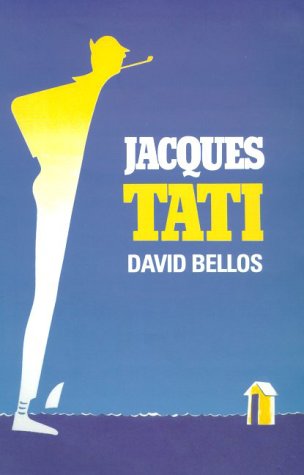From the Chicago Reader (November 21, 1997). I tend to respect Verhoeven more nowadays than I did back then. — J.R.

Starship Troopers
Rating ** Worth seeing
Directed by Paul Verhoeven
Written by Ed Neumeier
With Casper Van Dien, Dina Meyer, Denise Richards, Jake Busey, Neil Patrick Harris, Clancy Brown, Seth Gilliam, and Patrick Muldoon.

When did American action blockbusters stop being American? Sometime in the last two decades, in between the genocidal adventures of George Lucas’s Star Wars and those of Paul Verhoeven’s Starship Troopers, the national pedigree disappeared. True, Starship Troopers is a simplified, watered-down version of Robert A. Heinlein’s all-American novel, and it’s consciously modeled on Hollywood World War II features (as was much of Star Wars); it even boasts an “all-American” cast that could have sprung full-blown from a camp classic of Aryan physiognomy like Howard Hawks’s Red Line 7000. But the only state it can be said to truly reflect or honor is one of drifting statelessness. If the alien bugs that populate Verhoeven’s movie wanted to learn what American life and culture was like in 1977, Star Wars would have served as a useful and appropriate object of study; but if they wanted to know what American — or even global — life was like in 1997, Starship Troopers would tell them zip. Read more
From the Chicago Reader (March 10, 1989). It’s sad to hear that the great and irreplaceable Jackie Burroughs passed away on September 22, 2010. — J.R.

A WINTER TAN
*** (A must-see)
Directed by Jackie Burroughs, Louise Clark, John Frizzell, John Walker, and Aerlyn Weissman
Written by Burroughs
With Burroughs, Erando Gonzales, Javier Torres, and Diana d’Aquila.

A Winter Tan is startling because it mainly succeeds in its aims though they’re based on at least three dubious premises. The first is that a volume of letters can be adapted into a plausible dramatic film. The second is that the letters in question — an American woman’s descriptions of her sexual adventures in Mexico, written before she was murdered, probably as a result of a sexual escapade — can be seen as exhilarating and life-enhancing instead of just depressing. And the third dubious premise is that a film made collectively by five directors can come across with a singular voice and style, a consistent meaning and purpose.


I haven’t read Maryse Holder’s book Give Sorrow Words, which was published posthumously some years ago, first by Grove Press in hardcover and then by Avon in paperback, and is currently out of print in both editions. Read more
From the Summer 2000 issue of Cineaste, Vol. XXV, No. 3. — J.R.
Jacques Tati
by David Bellos. London: The Harvill Press, 1999. 382 pp., illus. Hardcover: £25.

In some ways, this is a better biography of Jacques Tati than we had cause to expect from anyone — certainly a more cultivated one than the useful if relatively lowbrow efforts of James Harding in English (1984) and Marc Dondey in French (written with the assistance of Tati’s daughter Sophie Tatischeff, 1993). So it’s all the more regrettable that no American publisher or distributor to date has shown any interest in making this English book available. Even more unexpectedly, the author — who currently teaches in the departments of Comparative Literature and Romance Languages at Princeton — is best known for his work on Balzac (a survey of French criticism over the second half of the nineteenth century) and Georges Perec (a major biography and a good many translations). In fact, there are even a few unforced allusions to Balzac and Perec threaded through this text.
But why Tati? Conceding in his Preface that he isn’t a film critic, a film buff, or a filmmaker manqué, Bellos makes no claims for offering any “last word” about “one of the outstanding creators of the 20th century,” but admits to some curiosity about the sturdiness of the few films Jacques Tati made as an oeuvre — “a set of films which, taken together, is much more than the sum of its parts.” Read more







